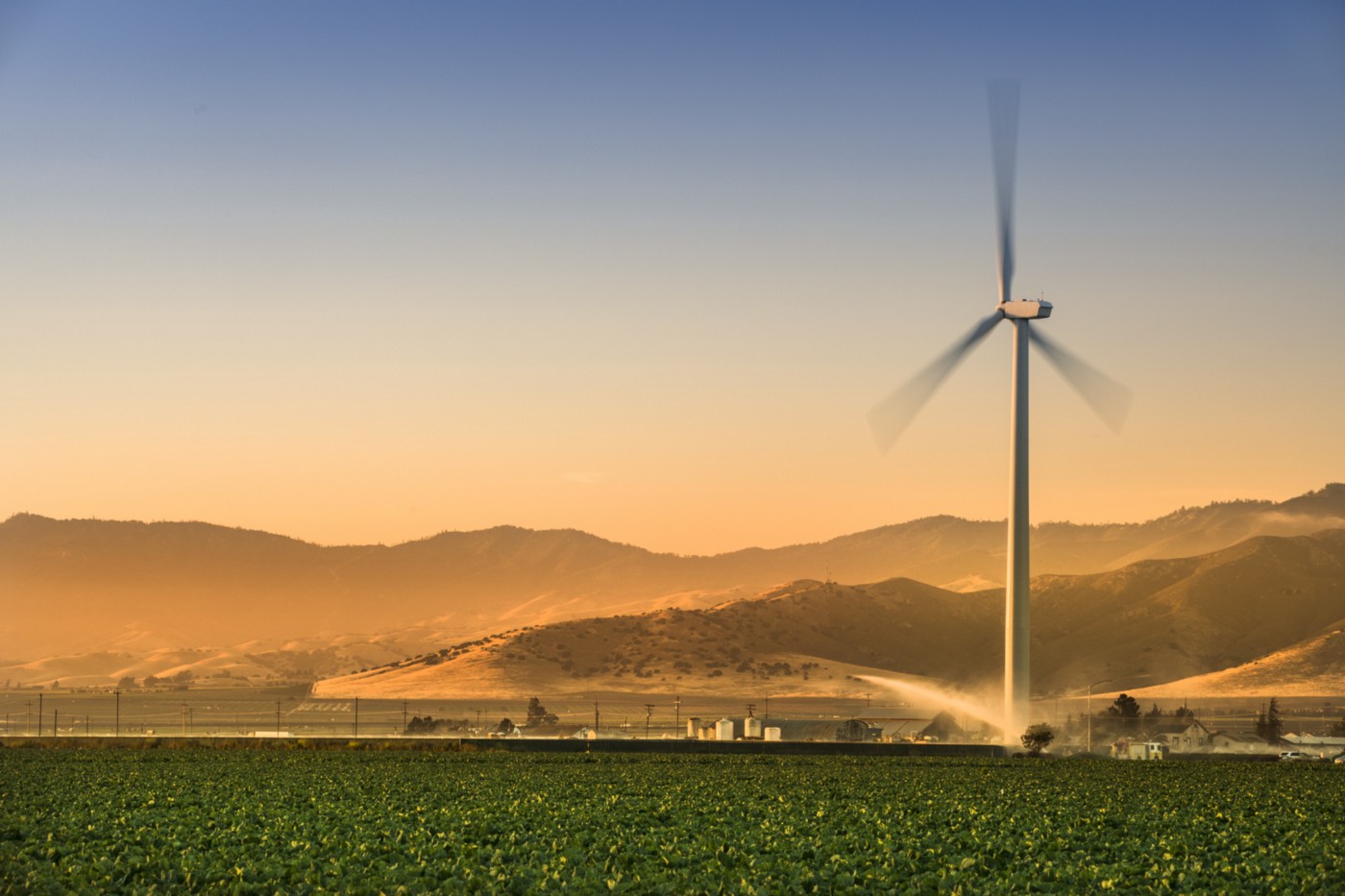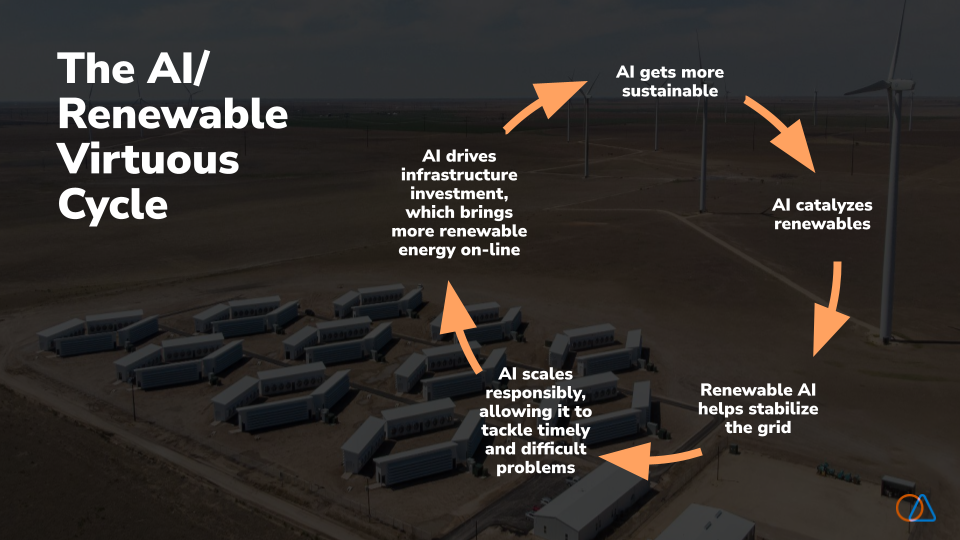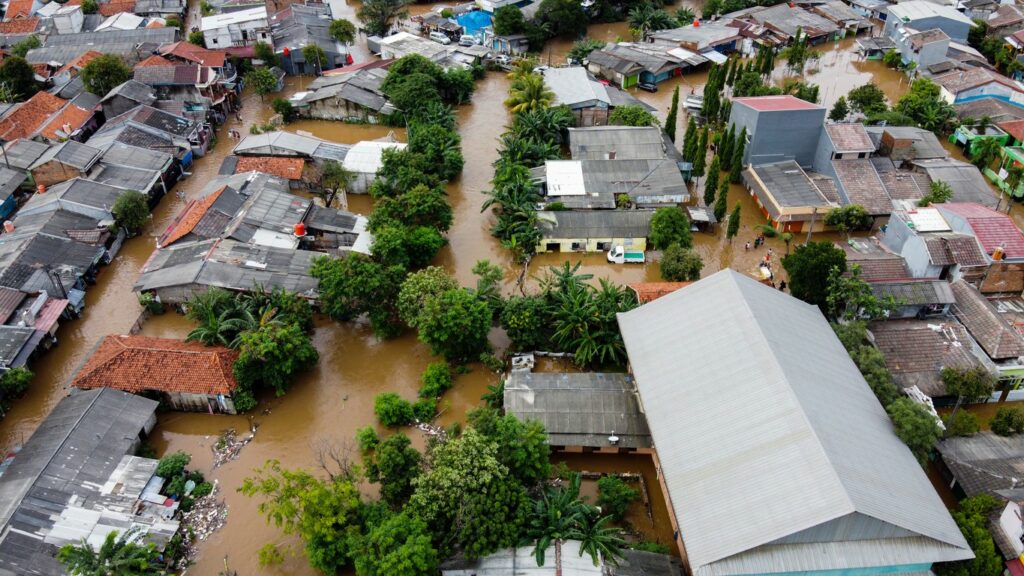by Nicola Phillips, Copywriter
Depending on how you do the math, the relative impact that any individual feels from climate change is a function of a single factor: money.
Those with money can invest in infrastructure that shields them from the worst effects of climate change. They can move away from climate-vulnerable areas. They can treat health conditions that are exacerbated by a warming planet.
Money is also the key driver of the impact that an individual will have on climate change. If you’re interested in how this works, read more on the 1% here. Or on wealthy nations here. Or on the disproportionate environmental cost of luxury goods here.
The world’s richest people have an outsized impact on climate change but can avoid the worst effects of it.
In the U.S. and elsewhere, this disparity is felt most acutely in highly dense urban and sparsely populated rural areas.
Rural communities — where residents are already, on average, poorer than their urban counterparts — also rely more heavily on climate-related jobs (agriculture, ranching, mining) and, in a cruel irony, on the economic benefits of fossil fuel plants.
This locks rural residents into a catch-22.
A greater frequency of climate-related storms will lead to a higher incidence of power outages, which are also disproportionately felt by economically hard-hit and rural areas. And a higher incidence of power outages will make the transition to renewable energy that much harder to swallow, because renewables introduce a new set of variables into the energy market.
There are a few key takeaways here. Working backward, rural communities need a buffer against climate-related disasters, the impacts of which include power outages and more severe outcomes. In order to have a fighting chance at combating climate change, these communities cannot continue to rely on fossil fuels. As a society, we need an economically viable way to wean ourselves from fossil fuels.
That intersection is where Soluna operates. Our goal is to accelerate the growth of renewable energy in these rural regions of the U.S., using computing as a catalyst.
There is a fraught history of data centers setting up shop in rural communities.
I’ve written about this before, specifically addressing the legitimate concerns around noise pollution produced by data centers.
There are ways to address downside issues (better engineering is one), but there are always trade-offs. For example, everyone uses data, while no one wants data centers built in their backyards.
But as long as data centers exist (and they will), they don’t have to be a drain on the grid. They can, instead, be a catalyst for the growth of renewable energy. They can help the energy grid make that critical transition to 100% renewable.
Soluna partners with renewable energy power producers (IPPs) across the U.S. that are experiencing curtailment (generating excess energy that they can’t sell back to the grid). We co-locate our data centers with these plants, buy the wind/solar energy that would otherwise go to waste and use it to energize our specialized facilities.
The bottom line here (certainly for the IPPs, but for the surrounding communities as well) is that buying excess energy monetizes energy that would otherwise have $0 value. (If you’re curious how curtailment or negative pricing of energy happens, check out our white paper on the subject.)
Helping power producers achieve profitability enables them to keep producing renewable energy.
Reliable and affordable energy or lack thereof underwrites almost every part of our society and economy. Across the globe, access to energy correlates with everything from clean water to education opportunities to women’s equality.
Helping power producers achieve profitability is beneficial to them, yes. But it also, quite literally, helps the lights stay on in the surrounding areas. And when the lights stay on, other things work better too.
Our goal is to make the transition to renewable energy profitable — for everyone. Too often, rural communities (in the U.S., but also around the world) get left behind. Climate change only exacerbates this trend.
Setting up a wind farm is only half the battle. By enabling renewable energy producers to achieve profitability, Soluna is helping these wind farms (and solar and hydro plants) thrive. And, in the process, we’re hoping to level the playing field, giving rural communities a fighting chance at combating climate change.
We think renewable energy should be a superpower. Not just for those who can afford to offset climate change’s worst effects, but for everyone.




